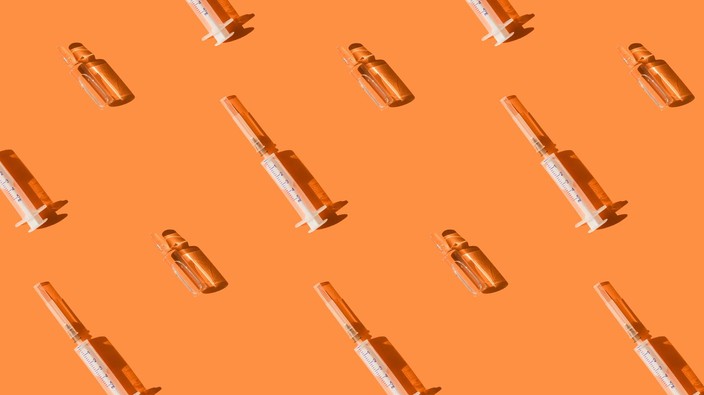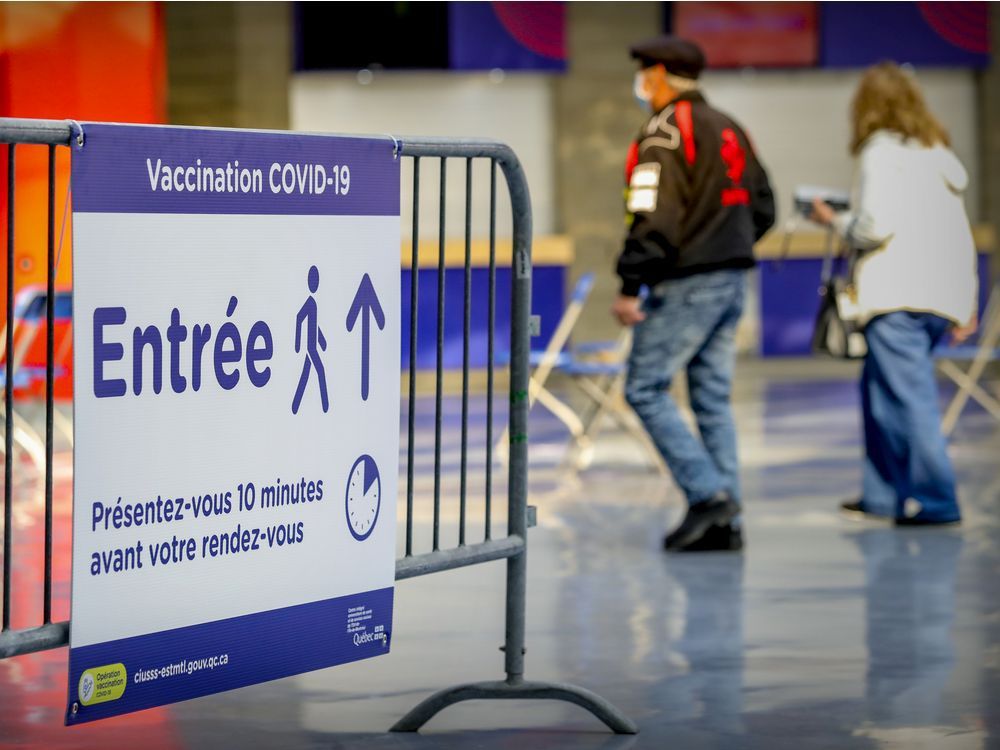the new vaccines slowly circulating the planet don’t just hold the promise of a return to normal life, they may also contain the key to helping the growing number long-haulers — patients who never fully recovered from the debilitating effects of the virus.“i was like a new person, it was the craziest thing ever,” judy dodd, a new york resident in her early 50s,
told npr after getting vaccinated. “it was like the sky had opened up. the sun was out.”before inoculation, dodd said she spent close to a year struggling with lingering symptoms from her encounter with covid-19, including shortness of breath, extreme fatigue, headaches and issues with her sense of smell that turned life into an ordeal to overcome. “i’d climb the subway stairs and i’d have to stop at the top, take my mask off just to get air,” she said.dodd’s first dose of the pfizer vaccine actually made matters worse when she rolled up her sleeves in january, exacerbating her symptoms to the point that she mulled skipping the second shot altogether. after deciding to go ahead with it, she said her energy levels rebounded, her breathing grew easier and her sense of smell improved. “it’s the closest i’ve felt to pre-covid,” she said.well over a year into the pandemic, the medical community still doesn’t know why roughly 10 to 20 per cent of covid sufferers do not fully recover from the virus. it is similarly mystified as to why the new vaccines appear to be resolving the enduring symptoms of some of these long-haulers. “i didn’t expect the vaccine to make people feel better,” said akiko iwasaki, an immunologist at the yale school of medicine. “more and more, i started hearing from people with long covid having their symptoms reduced or completely recovering, and that’s when i started to get excited because this might be a potential cure for some people.”some of this enthusiasm
stems from a small uk study, still awaiting peer review, that charted the progress of 66 long covid patients in hospital. a little over 23 per cent of the 44 patients who received a vaccine experienced some resolution of symptoms. only 15 per cent of the unvaccinated group were able to report a similar outcome. the results were the same for both the pfizer-biontech and the oxford astrazeneca vaccines.
with around 40 per cent of the u.s. population now vaccinated, the sample size for researchers is growing exponentially. daniel griffin, an infectious diseases physician at new york’s columbia university who is conducting a long-term study into post-covid illness, said the number of long-haulers experiencing significant or total improvement of symptoms after vaccination may be in the range of 30 to 40 per cent, if not higher — though he can’t explain why. “we’ve been sort of chipping away at this (long covid) by treating each symptom,” he said. “if it’s really true that at least 40 per cent of people have significant recovery with a therapeutic vaccination, then, to date, this is the most effective intervention we have for long covid.”“i think the most persuasive theory for me is that the virus was never completely cleared, or whatever remnants might still be … are now able to be cleared because of the robust response that’s triggered by the vaccines.”while more research is required to uncover the mechanisms at play — including why not all patients or doctors are observing the same rate of improvement — the findings offer badly needed hope for those whose battle with the virus seems never-ending. doctors are hopeful, but hesitant, to get ahead of real-world numbers.“right now, we have anecdotes, we’d love it to be true, let’s wait for some real data,” said john wherry, director of the institute for immunology at the university of pennsylvania. “we have no treatment and the vaccine is the first real candidate treatment. that’s why this is a desperate situation.”
dave yasvinski is a writer with healthing.cadon’t miss the latest on covid-19, reopening and life. subscribe to healthing’s daily newsletter covid life.
 3 minute read
3 minute read









